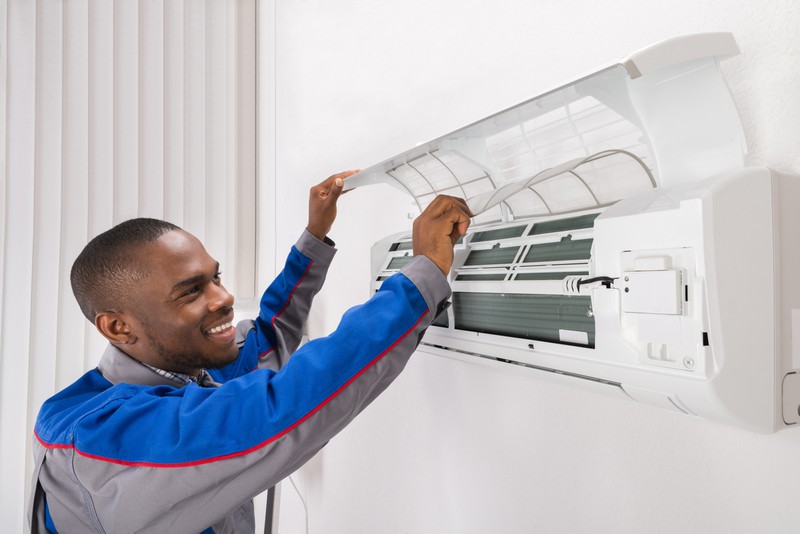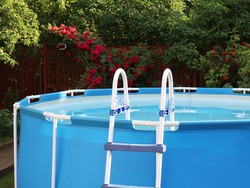Refrigerant gas types:keys
Refrigerant gases are essential for the proper functioning of any air conditioning system. The main function of these fluids is to absorb excess heat. This is possible because refrigerant gases have special chemical properties related to their evaporation point and their dew point. By changing their state from liquid to gaseous, they can extract heat from one enclosure and transport it to another.
There are several types of refrigerant gases and their classification depends basically on these criteria: their molecular structure, their safety. However, in other respects the classification can be extended to five categories.
In this article we are going to offer you some Brycus tips so that you can evaluate which air conditioning system is most suitable for your needs. Discover the offers in air conditioning at the same time as informing you about the characteristics and typology of the refrigerant gases.
Refrigerant gases according to their molecular structure
This classification is the one you will be most familiar with, especially if you are concerned about environmental issues. Acronyms such as CFCs, HCFCs or HFCs are familiar to anyone concerned about the greenhouse effect, the destruction of the ozone layer or global warming.
The two main groups of gases according to this classification are:
- The inorganic ones.
- The organic ones.
The inorganic ones were the first refrigerants used already in machinery of production of cold in the 19th century. Water, sulphur dioxide, carbon dioxide or ammonia are some of them. Nowadays only ammonia is used because of the problems of danger that the rest presented.
Gases classified as organic are carbon-based. They include CFCs, HCFCs and HFCs. The use of the first two has been banned since 2000 and 2004 respectively.
HFC gases (hydrofluorocarbons) are a mixture of several gases that in no case contain chlorine, and therefore do not damage the ozone layer. They are known as the third generation of refrigerant gases. However, the disadvantage of this type of gas is that it has a medium to high global warming potential.
There is a fourth generation of gases, known as HFOs (Hydrofluoroolefins) that do not deplete the ozone layer and also do not contribute to the increase in global warming or the greenhouse effect.
Refrigerant gases according to their safety
Cooling gases are less to more dangerous due to their flammable, corrosive and explosive properties:
L1: These refrigerants are not flammable and their toxicity is zero or very low. In this group we find R11, R410A, R500 among others.
L2: Most of the gases classified as inorganic such as ammonia are found in this group. These gases can be explosive, toxic and corrosive.
L3: They are highly explosive and flammable. Butane, propylene, methane and others have this classification.
With the help of our Brycus tips you will have more criteria when choosing an air conditioning system. There are several aspects that you will have to consider. The refrigerant gas in the equipment must comply with environmental regulations. It is important that the gases do not damage the ozone layer or increase the greenhouse effect. By choosing the latest generations of this type of gas, you can guarantee the longest durability of the air conditioning equipment, but above all that you will be respectful of the environment.
Discover the offers in air conditioning that are at the forefront of regulatory changes. Keep in mind that the trend is to reduce F-gases because of their impact on the greenhouse effect. Let yourself be advised by qualified professionals and technical staff.






Onze klanten vertrouwen ons
Meningen van onze klanten
Ontvang ons nieuws